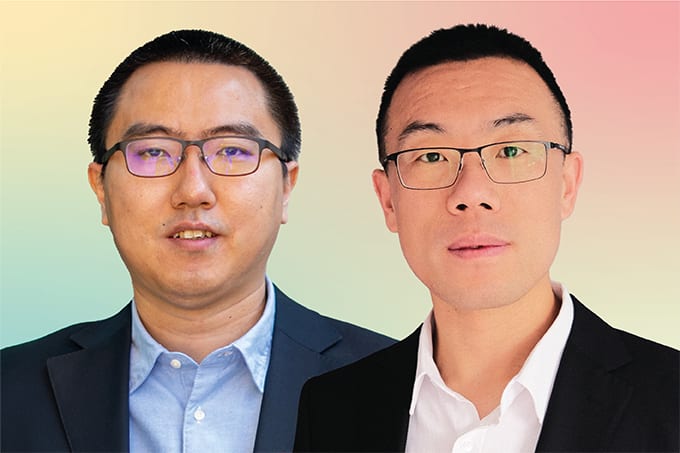
The Greenland ice sheet is melting, global temperatures and sea levels are rising, there are indications of Gulf Stream collapse, and we’ve seen devastating extreme weather events. These are just some of the signs of the unprecedented scale of anthropogenically induced climate change with escalating impacts on economies and societies. We really are out of time, and to prevent further irreversible damage, strong and cooperative commitment at all levels is needed. Analytical chemistry has always been an important tier in the protection of the environment and human health. However, although essential for evaluating the impact of anthropogenic activities, it can contribute to further environmental problems because of its generation of hazardous substances and its energy needs. The grand challenge facing the field is to reinvent the focus and mission of analytical chemistry and succeed in transitioning to green technologies, methods, and practices.
Research in green analytical chemistry and green sample preparation is blooming; but perhaps unnoticed by outsiders; perhaps the field has not been effective enough at projecting these advances. The lack of a coherent strategy to promote the criticality and benefits of sustainable analytical chemistry has resulted in many official standard methods still relying on old-fashioned and hazardous analytical procedures. Private and industrial laboratories see green alternatives as an extra burden rather than an opportunity to adopt powerful techniques that have a shared value – for both productivity and society. Green analytical chemistry is not a separate branch in analytical chemistry; it is the evolution of the field to make it fit for purpose in the 21st century. Aligning with pollution abatement and sustainable development is indeed a grand challenge. However, it is also a responsibility we need to take for the benefit of the society and the environment.
Sample preparation will continue to rise in importance, with sustainability issues guiding future trends in materials, reagents, speed, energy, autonomy, and size. Meanwhile, green sample preparation will be fully defined within the context of green chemistry, green engineering and the green analytical chemistry approach. Cooperation and coordination with national and international standardization bodies will be established with the aim to replace hazardous official standard sample preparation methods with green high-performers. Sample preparation will most likely become increasingly interdisciplinary so as to promote problem-driven research and address the world's increasingly complex and interconnected problems. Tearing down disciplinary walls will also facilitate knowledge transfer from other “distant” disciplines and increase our understanding of the underlying fundamentals. In this less physically-connected world, we should also expect breakthroughs in low-cost, robust, and networked sensors for remote all-in-one sampling, sample preparation, and analysis. This foreseen rise in remote analysis could also lead to the much-discussed fusion with big data and AI, creating miraculous benefits.
Many priorities and strategies tend to direct research in analytical chemistry to applications and the “known unknowns” – establishing and solving the obvious problems. Though delivering known answers to questions is important, solving problems we don’t even know exist is far more valuable because that sets our future agenda. To do this, we must defend bottom-up and curiosity-driven research, adopt a constructive skepticism in the science we do, and allow “space” in the field for creative scientific debates to happen. Promoting the study of fundamentals will demonstrate that the academic practice of analytical chemistry is dependent upon more than just producing data or copying a method. It will show that research in the field surpasses explicitly knowing things and seeks deeper appreciation of how systems work and – perhaps more importantly – how systems fail. The generation and handling of data are of utmost importance in our field; but sometimes, from a scientific viewpoint, we seem to miss the forest for the trees.
Overcome your fear of failure – failure is how research advances.




